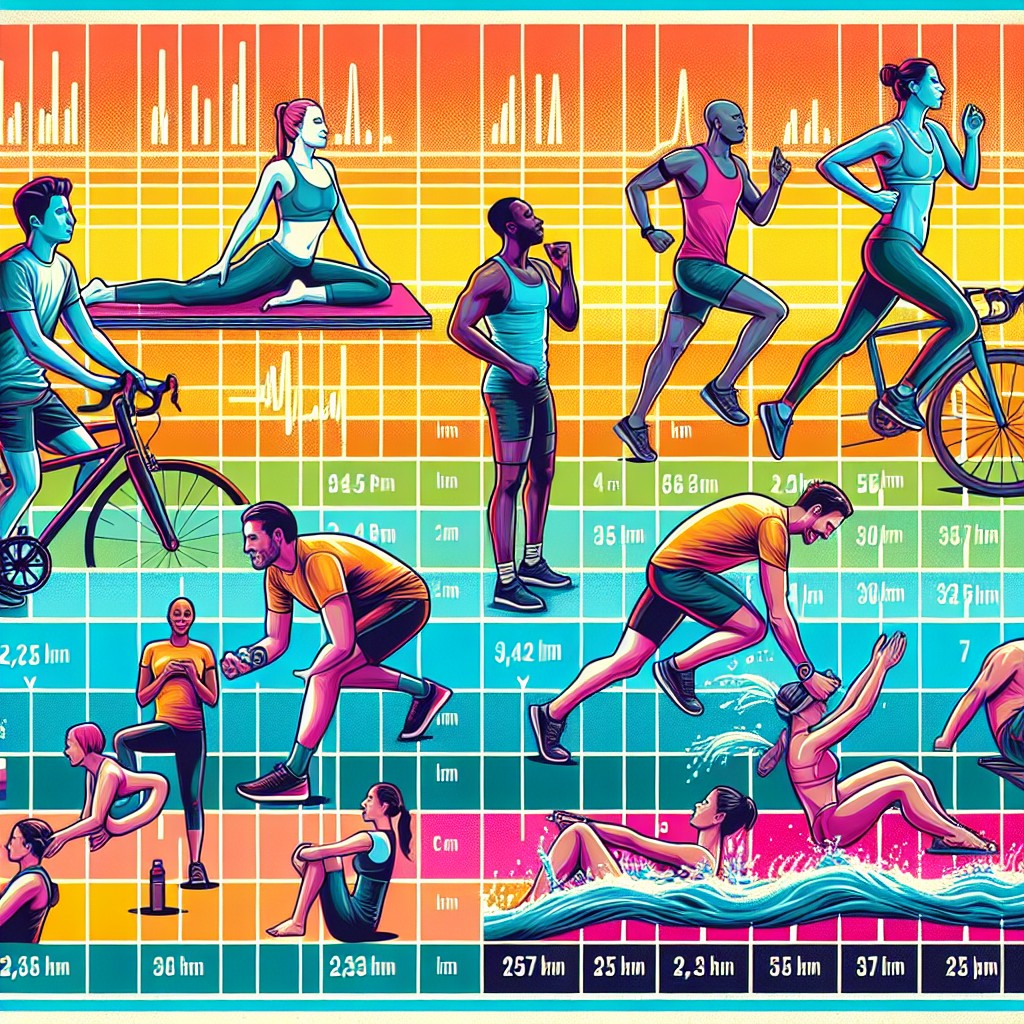Have you ever wondered how many calories you're really burning throughout the day? Whether you're trying to lose weight or just curious about your energy expenditure, knowing how many calories you burn can be incredibly helpful.
In this article, we will explore various methods to determine your calorie burn and provide you with the necessary information to understand your body's energy expenditure. By the end, you'll have a better idea of how many calories you're burning and how you can use this knowledge to achieve your health and fitness goals.
1. Basal Metabolic Rate (BMR)
Your Basal Metabolic Rate (BMR) is the number of calories your body needs to maintain basic bodily functions at rest. BMR accounts for about 60-75% of your total calorie burn. Several factors influence BMR, including age, gender, weight, and muscle mass. To calculate your BMR, you can use a BMR calculator available online.
2. Physical Activity Level
In addition to your BMR, your physical activity level (PAL) plays a significant role in determining your overall calorie burn. PAL takes into account the calories you burn through activities such as walking, running, exercising, and even household chores. To estimate your PAL, use an activity calculator that considers your daily routine and exercise habits.
3. Heart Rate Monitors and Fitness Trackers
Heart rate monitors and fitness trackers have become increasingly popular in recent years. These devices use advanced technology to measure your heart rate and track your activity levels. By analyzing your heart rate and movement, they can estimate the number of calories you're burning during exercise and throughout the day. Many fitness trackers also provide additional features like sleep tracking and diet monitoring, giving you a comprehensive understanding of your health and fitness goals.
4. Calorie Tracking Apps
Calorie tracking apps are another great tool for understanding your calorie burn. These apps allow you to input your meals and track the number of calories you consume. They also provide an estimate of the calories you burn based on your BMR and physical activity level. By logging your food intake and activities, you can get a more accurate picture of your daily calorie burn.
5. Is It Accurate?
While there are various methods to estimate your calorie burn, it's important to note that none of them are 100% accurate. Each method has its limitations and may provide different results. For example, BMR calculators and fitness trackers rely on general formulas and assumptions, while individual factors can significantly influence your actual calorie burn. However, these tools can still be valuable for providing a rough estimate and tracking changes over time.
6. Factors That Influence Calorie Burn
Apart from age, gender, weight, and physical activity, other factors can affect your calorie burn. For instance, muscle mass contributes to a higher calorie burn as muscles require more energy at rest. In contrast, a sedentary lifestyle can lead to a lower BMR. Additionally, genetics and certain medical conditions can also influence your metabolism and affect how many calories you burn.
7. Using Caloric Information
Now that you have a better understanding of how to determine your calorie burn, you can use this information to achieve your health and fitness goals. If your objective is weight loss, you will need to create a calorie deficit by consuming fewer calories than you burn. On the other hand, if you're trying to build muscle or gain weight, you will need to consume more calories than you burn. Tracking your calorie intake and burn can help you make informed decisions about your diet and exercise routine.
In conclusion, finding out how many calories you're really burning can be a valuable tool in managing your health and fitness journey. Understanding your BMR, physical activity level, and using various monitoring devices and apps can provide you with an estimation of your calorie burn. Remember, the numbers provided by these methods are not static and can vary based on individual factors. However, by embracing a balanced approach and making informed decisions about your lifestyle, you can use this information to tailor your diet and exercise regime to achieve your goals.

Share This Article
More Articles You Might Like
Discover More Content
Explore our collection of articles across various topics and categories. From cutting-edge technology insights to wellness wisdom, we curate the best stories to expand your horizons.
Article ID: 202